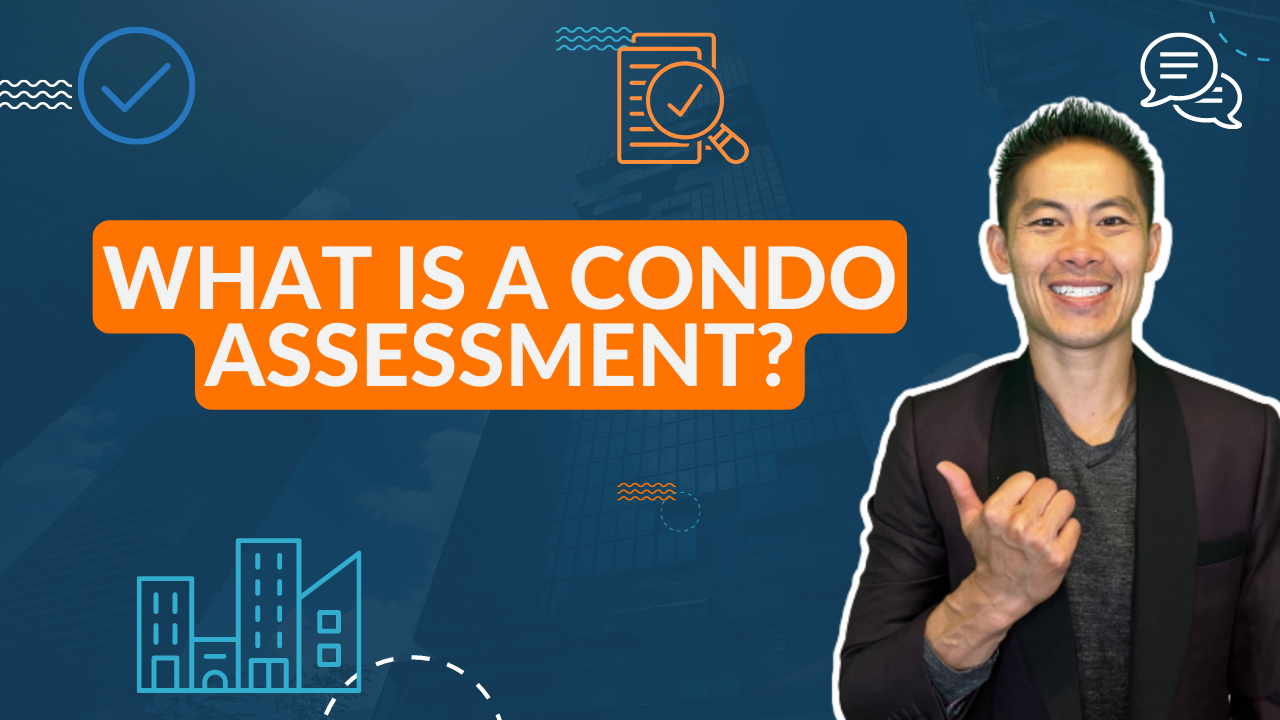One of the frequently asked questions in the realm of condominium association management is, “What is a condo assessment?” Condo assessments play a critical role in maintaining the financial health of a condominium community.
In this article, we will delve into the concept of condo assessments, exploring why they are necessary and how they work.
Defining Condo Assessments

A condo assessment can be thought of as a collective contribution or fee imposed on unit owners within a condominium community. These fees are typically collected to address unexpected repairs, unforeseen expenses, or deficits in the association’s budget at the end of the year.
The need for a condo assessment often arises when a significant, unplanned expense emerges. For instance, imagine a scenario where the condominium’s roof sustains substantial damage due to a falling tree, necessitating a costly repair of, say, $10,000.
If the association’s reserves do not contain sufficient funds to cover this expense, an assessment becomes essential.
Collecting Assessments

To fund such repairs or expenses, the association collects an assessment from each unit owner. The amount each owner is required to contribute can be calculated in various ways. One common method is to determine the assessment as a multiplier of the unit owner’s regular condo fees.
For example, if a unit owner’s monthly condo fees amount to $500, and the assessment is set at two months’ worth of fees, they would be required to pay $1,000.
Timing is essential when it comes to assessments. Depending on the urgency of the expense, unit owners may be required to pay the assessment within a specific timeframe. In some cases, if residents need a bit more flexibility, the association may advance funds from its reserves and subsequently recover those funds through the assessment process.
Transparent Communication
Clear communication is essential when implementing assessments. Unit owners should be provided with a comprehensive explanation of when the assessment is due and what purpose it serves. While some residents may initially balk at the idea of paying an assessment, it is important to convey that it is a necessary measure to ensure the community’s financial stability and well-being.
Year-End Assessments

Another common scenario where assessments come into play is at the end of the fiscal year. If the association’s budgeting has been inadequate, resulting in a deficit, an assessment may be required to cover the shortfall.
This practice helps maintain a balanced financial structure without continually dipping into operating expenses or reserves.
Navigating Condo Assessments with Expertise
Condo assessments are an integral part of condominium association management. They serve as a means to address unexpected expenses, repairs, or budget deficits that are essential for the community’s upkeep. Effective communication and transparency are important in ensuring that unit owners understand the necessity of assessments.
Need expert property management? Boston HOA Management is committed to guiding condominium associations through the assessment process and other management needs, providing peace of mind and financial stability to communities.





